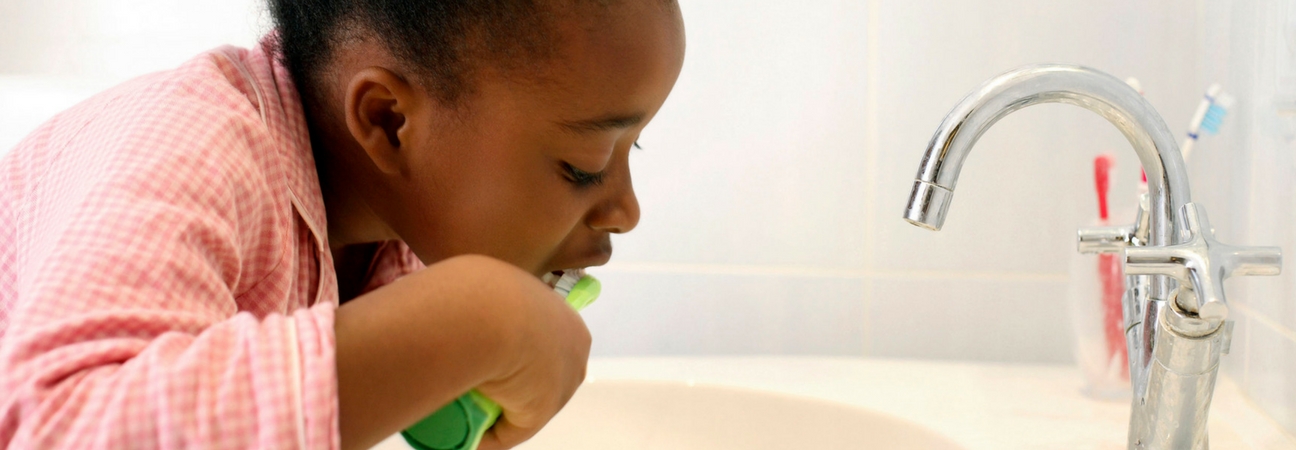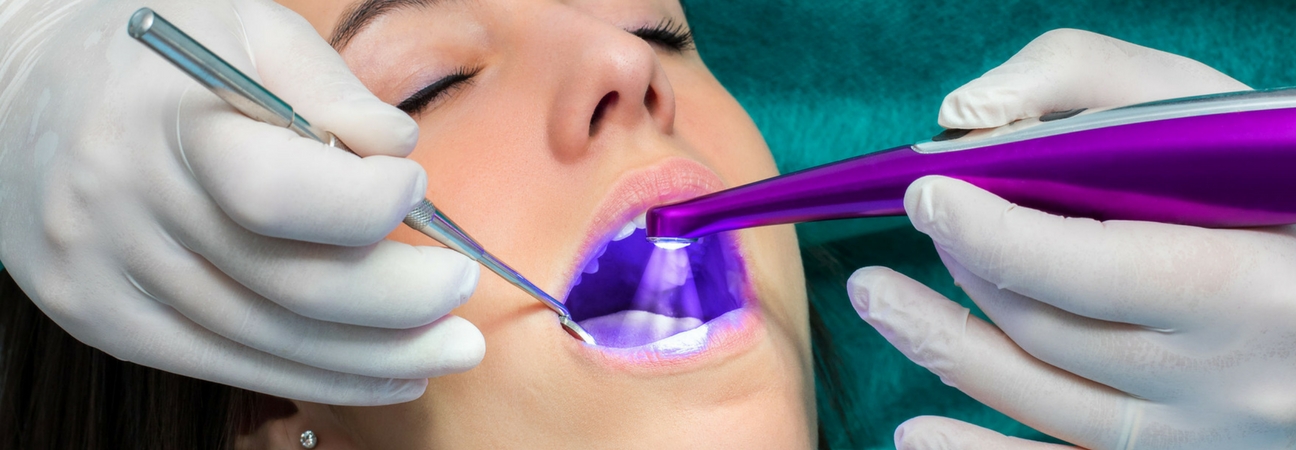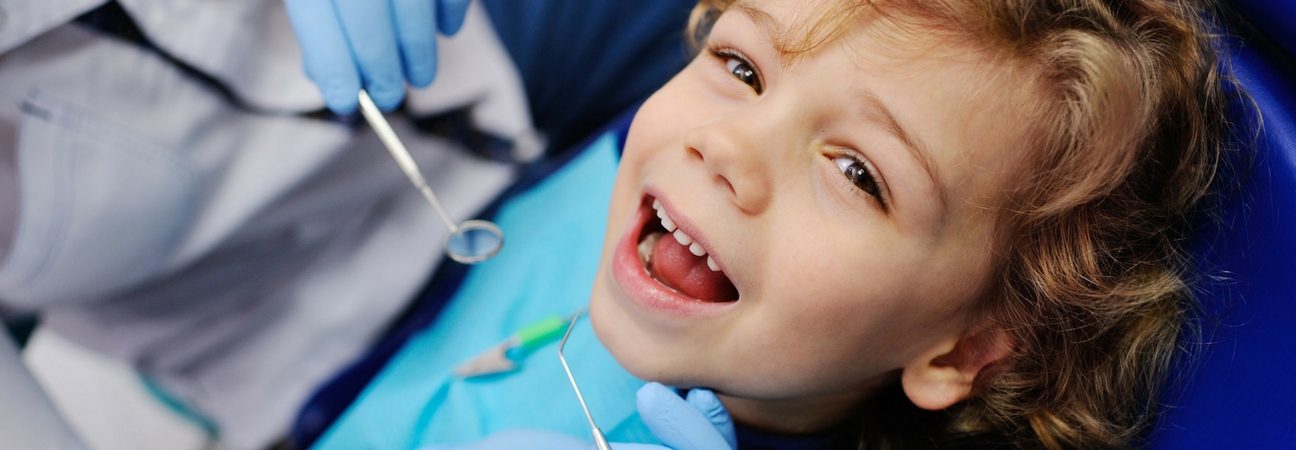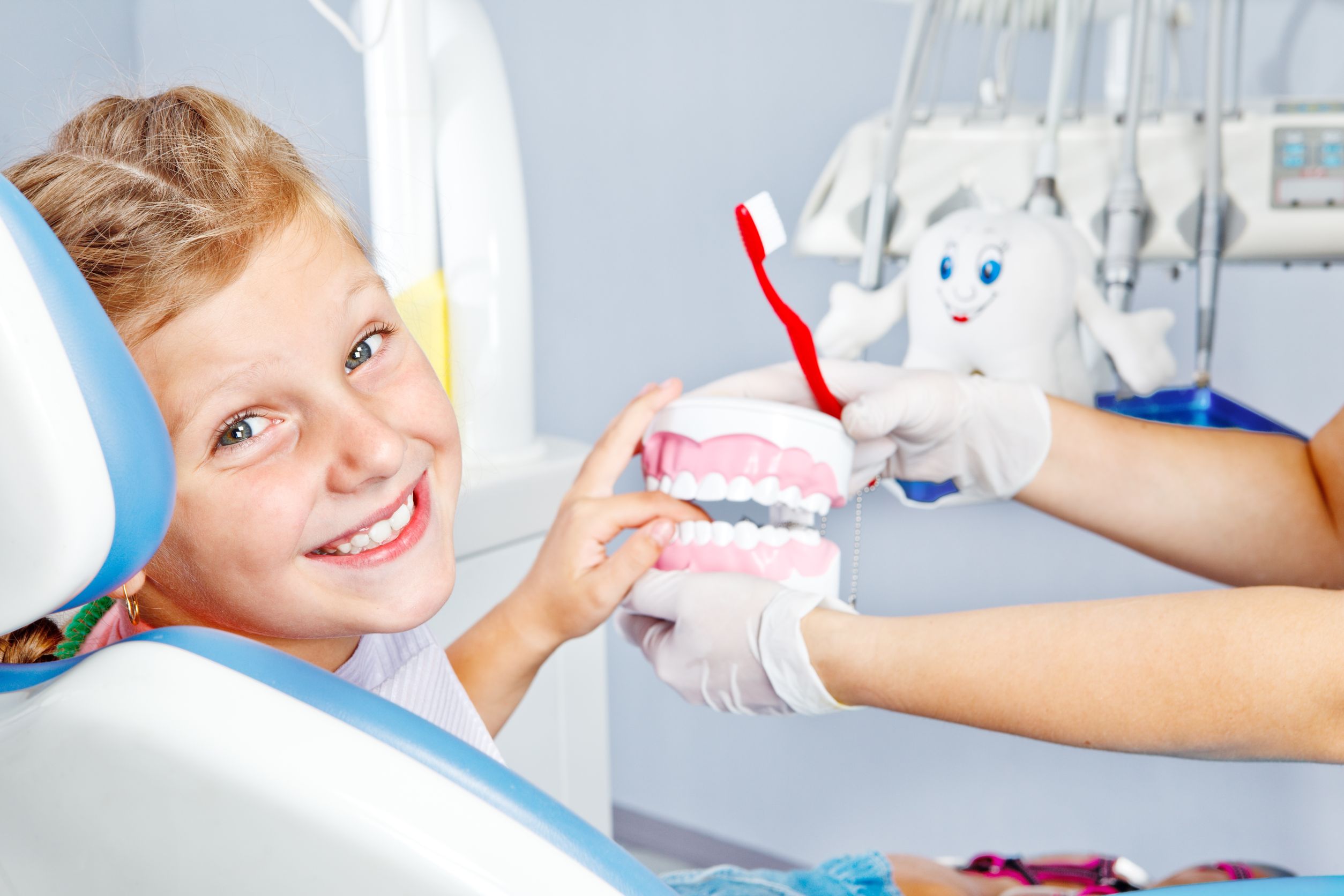
It’s well known that getting a teeth cleaning on a regular schedule is a great way to catch and prevent possible dental issues from occurring in the future. But at what age should your child have an orthodontic evaluation?
Read on to learn more about when your child should see an orthodontist.
When to Seek Orthodontic Care for Your Child
Orthodontic treatments, such as braces, are procedures that many people view as something that’s done in the teenage years. While it’s true that most kids end up waiting until all of their secondary teeth have come in, performing preventive or corrective orthodontic care on children as young as 6 or 7 years old can have developmental benefits.
With interceptive orthodontics — another name for early orthodontic care — your pediatric dentist can make sure that your child’s permanent teeth are developing in the correct position.
Dr. Jasmine Elmore recommends having your child screened when his or her permanent teeth begin to emerge, usually around 6 years old. At this young age, the jaw and palate are still growing, making it the ideal time to correct anything that isn’t developing properly.
Early orthodontic care uses appliances, such as braces and palatal expanders, to make sure your child’s mouth has space for adult teeth. It can also help straighten crooked teeth, steer the growth of the palate or jaw, and correct any damage that stems from bad habits, including prolonged thumb sucking and pacifier use.
We’re committed to ensuring the health and wellness of our young patients’ teeth. We understand that kids’ developing teeth have different needs than the teeth of adults. That’s why we monitor your child’s development to ensure his or her dental health is on the right track, and we’ll advise you when they need an orthodontic evaluation.
Pediatric Dentistry Near Rocky Mount, NC
Are you looking for a pediatric dentist near Rocky Mount, NC? Wilson Pediatric Dental will make your child’s visits for routine cleanings and preventative and corrective procedures as comfortable as possible thanks to our friendly staff and colorful exam rooms. Schedule an appointment online, or call our office today.






 All parents want to help their children get the best possible dental care, but it can be difficult. When should you start taking your child to the dentist? What kind of dentist should they see?
All parents want to help their children get the best possible dental care, but it can be difficult. When should you start taking your child to the dentist? What kind of dentist should they see?